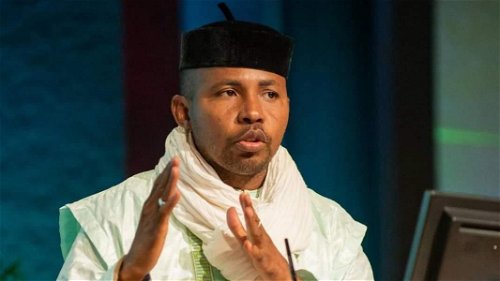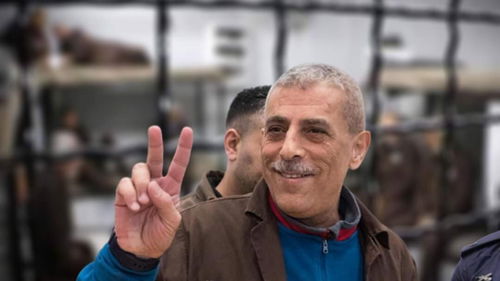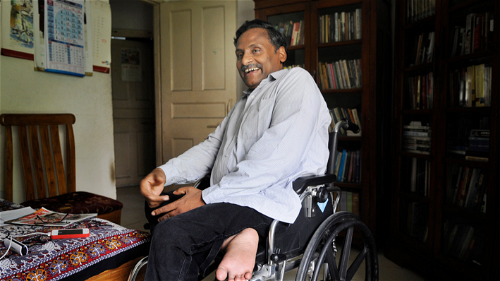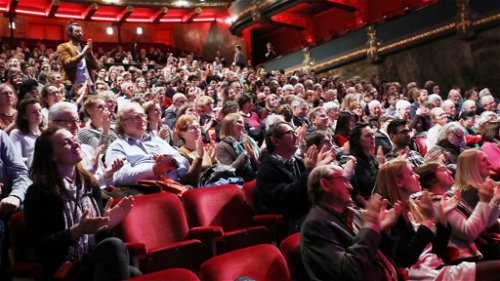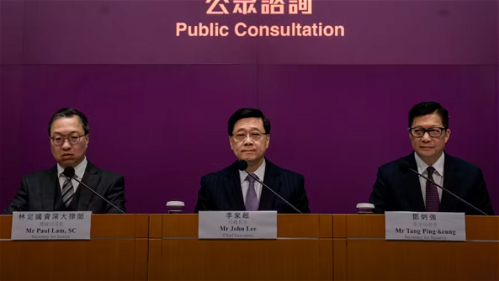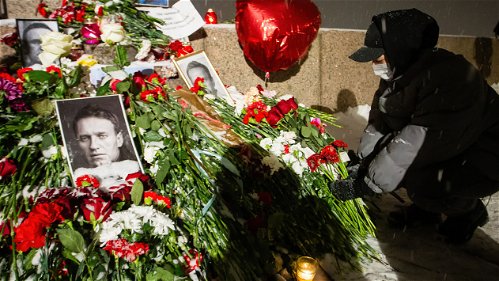
China-Olympische Spelen: China en IOC moeten leren van fouten
Nu de Olympische Spelen afgelopen zijn, beschuldigt Amnesty International China ervan meer bezig te zijn met zijn imago dan met inhoud. Tijdens de Spelen ging China gewoon door met de vervolging en bestraffing van activisten en journalisten. Amnesty International bekritiseert ook het Internationaal Olympisch Comité (IOC). Het IOC sluit de ogen voor misbruiken van de algemeen geldende mensenrechtenprincipes.
"The Beijing Olympics have been a spectacular sporting event but they took place against a backdrop of human rights violations, with activists prevented from expressing their views peacefully and many in detention when they have committed no crime," said Roseann Rife, Amnesty International's Asia-Pacific Deputy Program Director in Hong Kong.
"The Chinese authorities and the IOC had an opportunity to demonstrate human rights improvements but in most respects they failed to deliver. Forced evictions, detention of activists and restrictions on journalists should not blight another Olympics," said Roseann Rife.
Amnesty International's statement came after Jacques Rogge, President of the International Olympic Committee, said at the closing of the Beijing Olympics: 'These were truly exceptional Games.'
During the course of the Games, Amnesty International documented continued patterns of human rights violations directed at peaceful activists and journalists in China, including:
Activists being detained and punished -- including by being assigned to "Re-education through Labour"-- for repeatedly applying for permission to demonstrate in the protest zones.
The ongoing imprisonment or arbitrary arrests of Chinese journalists and human rights activists who have tried to report on human rights violations.
Petitioners and activists being denied permits to engage in peaceful demonstrations in government-designated protest zones in parks around Beijing. On 18 August, and after repeated questioning from the media, the Chinese authorities claimed they had received 77 protest applications involving 149 people, but that 74 had been 'withdrawn', two had been 'suspended' and one had been 'vetoed'.
"It is high time for the IOC to put its core values of 'human dignity' and 'universal, fundamental ethical principles' into practice by making human rights a new pillar of the Olympic Games."
Amnesty International called on the IOC to learn the lessons from Beijing by building concrete and measurable human rights impact indicators into all future Olympics bid processes and host city contracts.
Amnesty International recognized some positive steps taken by the authorities, including the unblocking of several international websites -- such as www.amnesty.org -- in response to strong public concern expressed by Beijing-based journalists at the start of the Games.
However, Amnesty International urged the Chinese authorities to extend the unblocking across the board and to make permanent the temporary regulations introduced for foreign journalists in China in the run-up to the Games, ensuring that they are uniformly and effectively enforced.
Many Chinese activists have been persecuted and punished for speaking out about human rights violations before or during the Beijing Olympics. For example:
- Housing rights activist, Ye Guozhu, is being held in police custody after completing a four-year prison sentence in connection with his attempts to draw public attention to alleged forced evictions in Beijing due to Olympics-related construction. The police said he would be kept in detention to keep him and his family out of trouble until the Olympics and Paralympics were over. On 26 July, the police sent the family an official detention notice stating that Ye was being held at Xuanwu district police detention centre on suspicion of "gathering a crowd to disturb order in a public place", but provided no further detail. Amnesty International received reliable reports that police beat him with electroshock batons before his trial and he was subjected to further beatings in prison.
- Two elderly women, Wu Dianyuan (aged 79) and Wang Xiuying (aged 77) were accused of "disturbing public order" and assigned to one year of RTL after they applied to demonstrate in one of the official protest zones. They had been petitioning the authorities since 2001 when they were evicted from their homes to make way for a development project. Beijing city officials ruled that they would not have to serve their time in an RTL facility as long as they 'behaved', but that restrictions would be placed on their movements.
The Olympic pillars are currently sports, culture and the environment. The environment was added in 1994 at the winter Olympics in Norway in recognition of the negative impact major sporting event can have on the surrounding environment.
